Is Bowel Leakage a Sign of Cancer
 Damaris
|
Damaris
|
 24 Oct 2025
24 Oct 2025
What Is Bowel Leakage (Fecal Incontinence)
Bowel leakage, often called fecal incontinence, happens when someone cannot fully control their bowel movements. For some, it might mean small leaks now and then, while for others it can be more frequent and harder to manage. Occasional leakage may happen after an episode of diarrhea or when eating certain foods, but long-term issues point to something deeper. Many people want to know is bowel leakage a sign of cancer, but most of the time it is linked to other causes.
Common Causes of Bowel Leakage
The most usual reasons are not cancer. Loose stools from diarrhea, hard stools from constipation, or stretched rectal muscles can all lead to leakage. Nerve damage from diabetes, stroke, or spinal injuries makes it harder to sense when a bowel movement is coming. Aging weakens the anal muscles, which adds to the risk. Women who have gone through childbirth may also notice symptoms years later. Even diet has a role — fatty meals, caffeine, or spicy dishes are often mentioned in lists of what foods cause bowel leakage.
When Bowel Leakage Might Be Linked to Cancer
Still, it is important not to dismiss the concern. In some cases, bowel leakage cancer links do exist. Tumors in the rectum or anal canal can block stool, irritate muscles, or damage nerves that control continence. People with fecal incontinence colon cancer may notice leakage along with other changes in bowel habits. This is why persistent leakage without a clear cause deserves a doctor’s attention.
Other Digestive Disorders That Cause Leakage
Plenty of digestive problems cause leakage without being cancer. Inflammatory bowel disease (IBD) like Crohn’s disease or ulcerative colitis can lead to urgency. Irritable bowel syndrome (IBS) may bring frequent loose stools. Hemorrhoids and rectal prolapse also reduce control and explain accidents. These are often behind what causes bowel leakage, and they are more common than bowel incontinence cancer sign.
Warning Signs That Shouldn’t Be Ignored
Certain symptoms raise the level of concern. These include blood in the stool, severe abdominal pain, unexplained weight loss, or a sudden increase in frequency of leakage. Rectal cancer symptoms leakage may be part of a larger picture that includes pain or bleeding. Early signs of colorectal cancer often include changes in stool consistency or shape, sometimes alongside leakage.
How Colorectal Cancer Affects Bowel Control
Colon cancer and bowel leakage can be linked when tumors interfere with the anal sphincter or nearby nerves. Tumors in the lower rectum may block stool from passing normally, causing overflow leakage. In some cases, the tumor irritates the lining, making people feel like they constantly need to go, but only leakage occurs. These are the situations where stool leakage cancer symptom or rectal leakage cancer warning becomes more relevant.
Diagnostic Tests If Cancer Is Suspected
Doctors may recommend a colonoscopy to check the colon and rectum directly. Imaging tests such as CT scans or MRIs help map out any growths. Stool tests can look for hidden blood or abnormal DNA. If suspicious tissue is found, a biopsy confirms whether it is cancer. Only with this approach can we decide if is bowel incontinence cancer related or due to another issue.
When Bowel Leakage Is More Likely Benign
Often, the answer is more reassuring. Leakage after a stomach bug, changes in diet, constipation, or childbirth-related injury are common and usually temporary. In these cases, the symptoms fade as the underlying cause resolves. This type of leakage is not a bowel control loss colon cancer problem.
Treatment Options for Bowel Leakage
Treatment depends on causes. For mild leakage, avoiding trigger foods and using fiber to regulate stool can help. Pelvic floor therapy can strengthen muscles. Medications may control diarrhea or soften stool. Severe or persistent leakage may require surgery to repair damaged sphincter muscles. At Sanford Pharmacy, patients can find advice on over-the-counter products for constipation or diarrhea that may worsen leakage.
When to See a Doctor About Bowel Changes
If leakage is frequent, worsening, or accompanied by red flag signs such as blood, pain, or sudden weight loss, professional care is essential. Bowel incontinence cancer sign is uncommon, but ignoring new symptoms is risky. Even if cancer is ruled out, bowel leakage affects quality of life and deserves treatment.
So, is bowel leakage a sign of cancer? Usually no, but sometimes it is. Most cases are linked to temporary digestive problems, age-related weakness, or non-cancerous conditions. Yet persistent leakage, especially with other warning signs, should always be checked. With the right care and support, including resources from Sanford Pharmacy, patients can manage symptoms safely and get answers early.
Categories
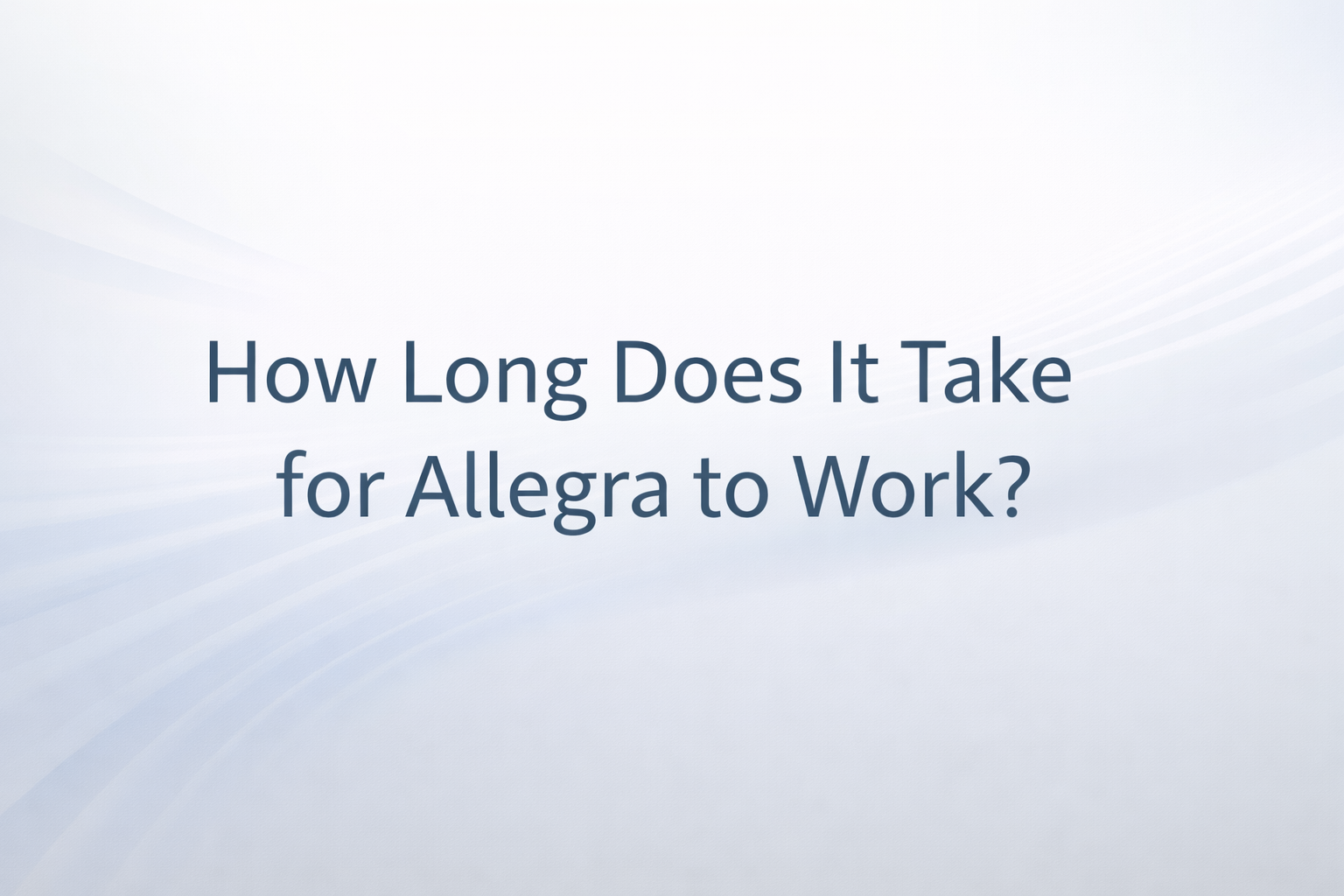
How Long Does It Take for Allegra to Work?
 Desirae
Desirae
.png)
How Long Does Amoxicillin Take to Work?
 Meaghan
Meaghan

How to Use Clindamycin Phosphate Gel?
 Curtis
Curtis
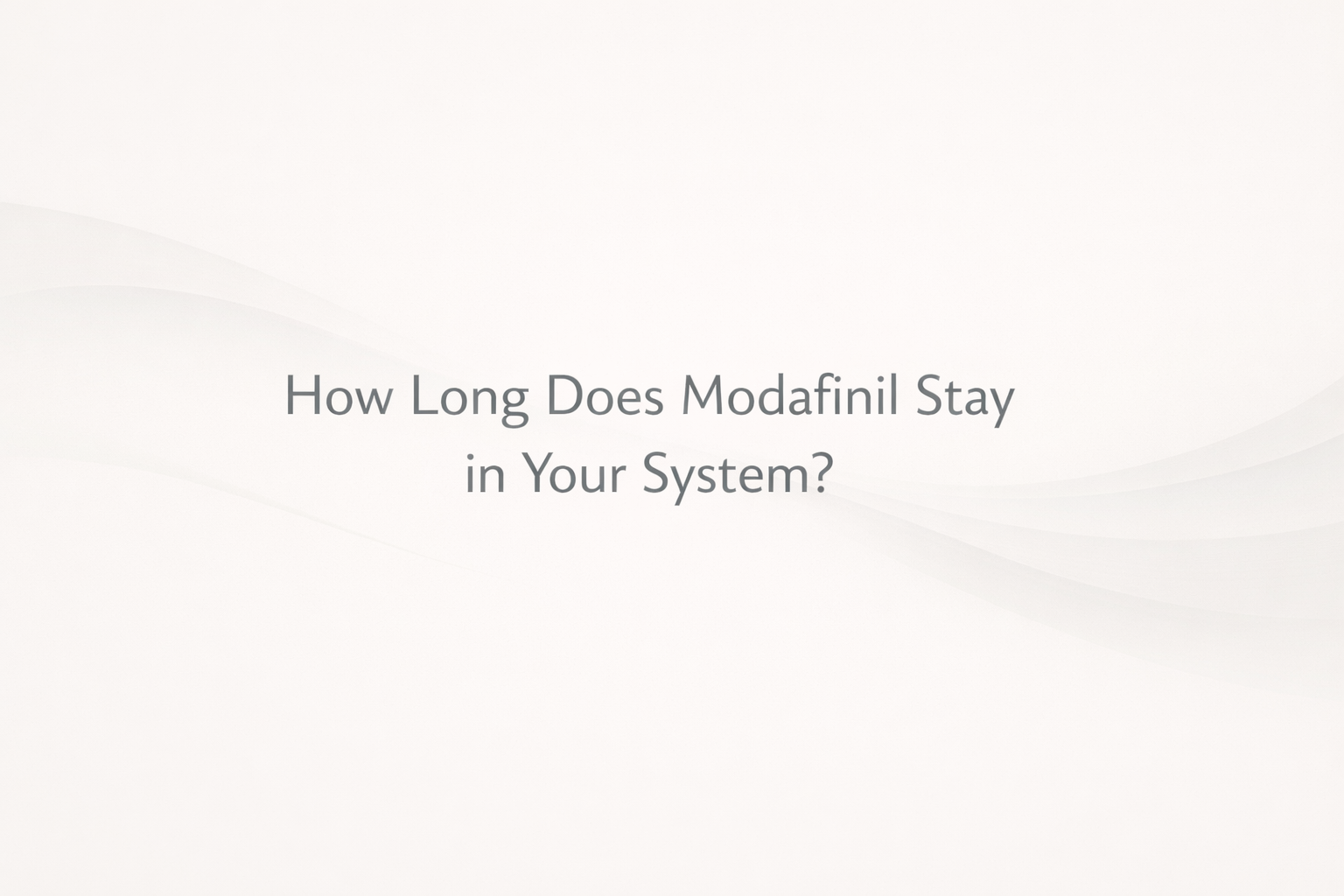
How Long Modafinil Stays in Your System?
 Karsyn
Karsyn

How Long Does Pepcid Take to Work?
 Earl
Earl

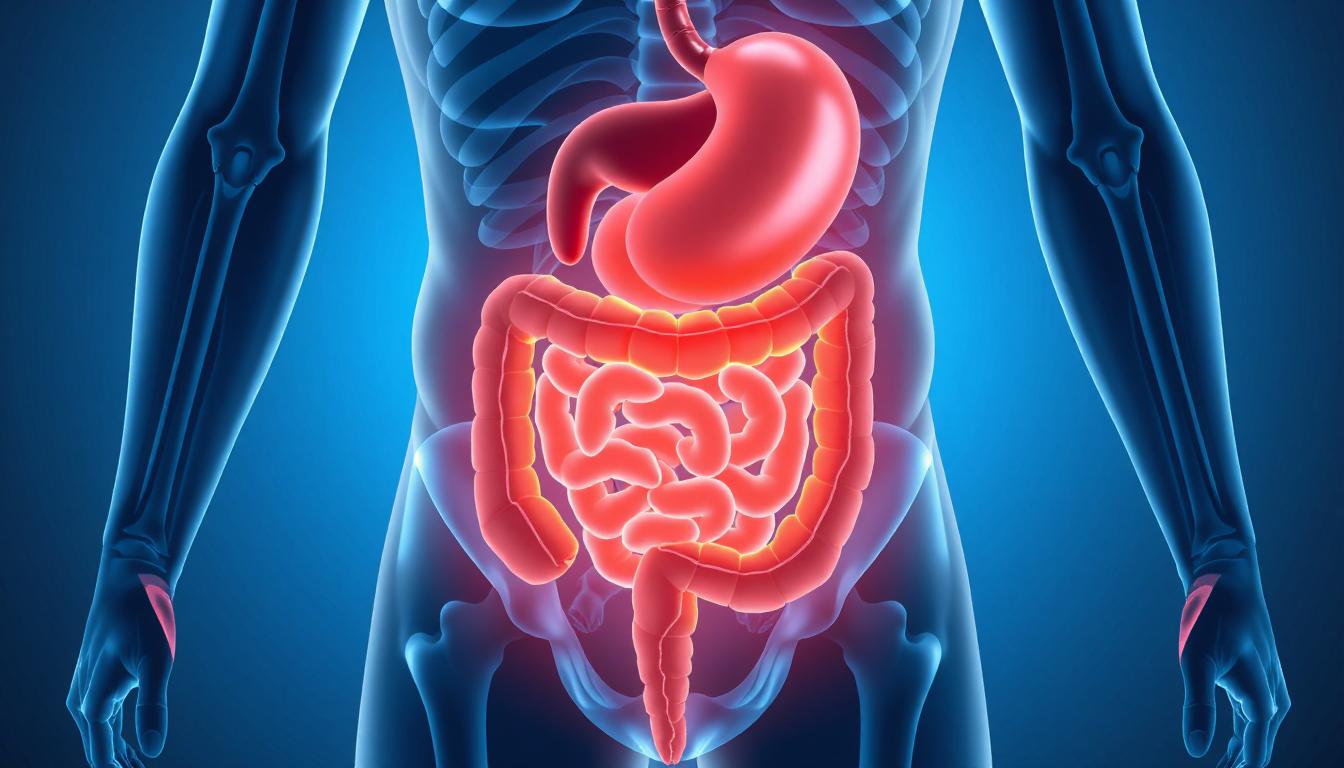
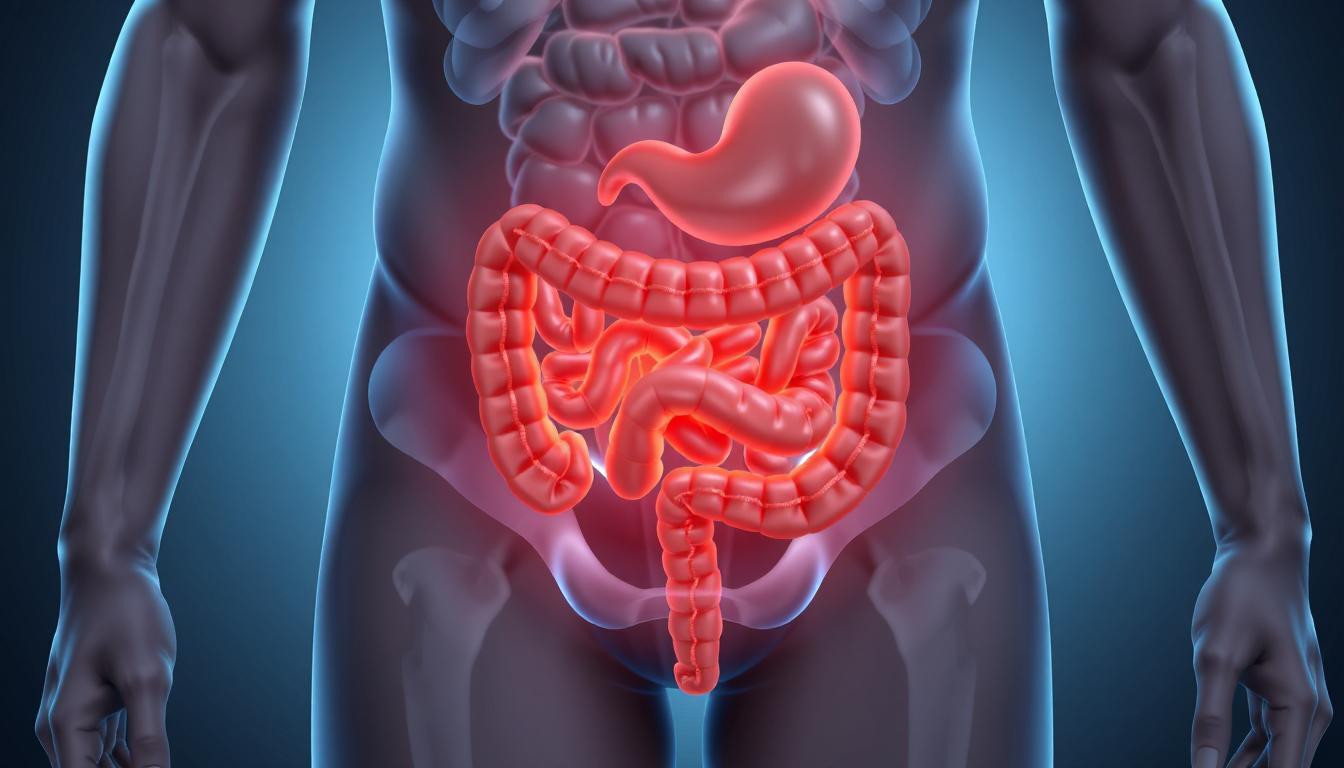
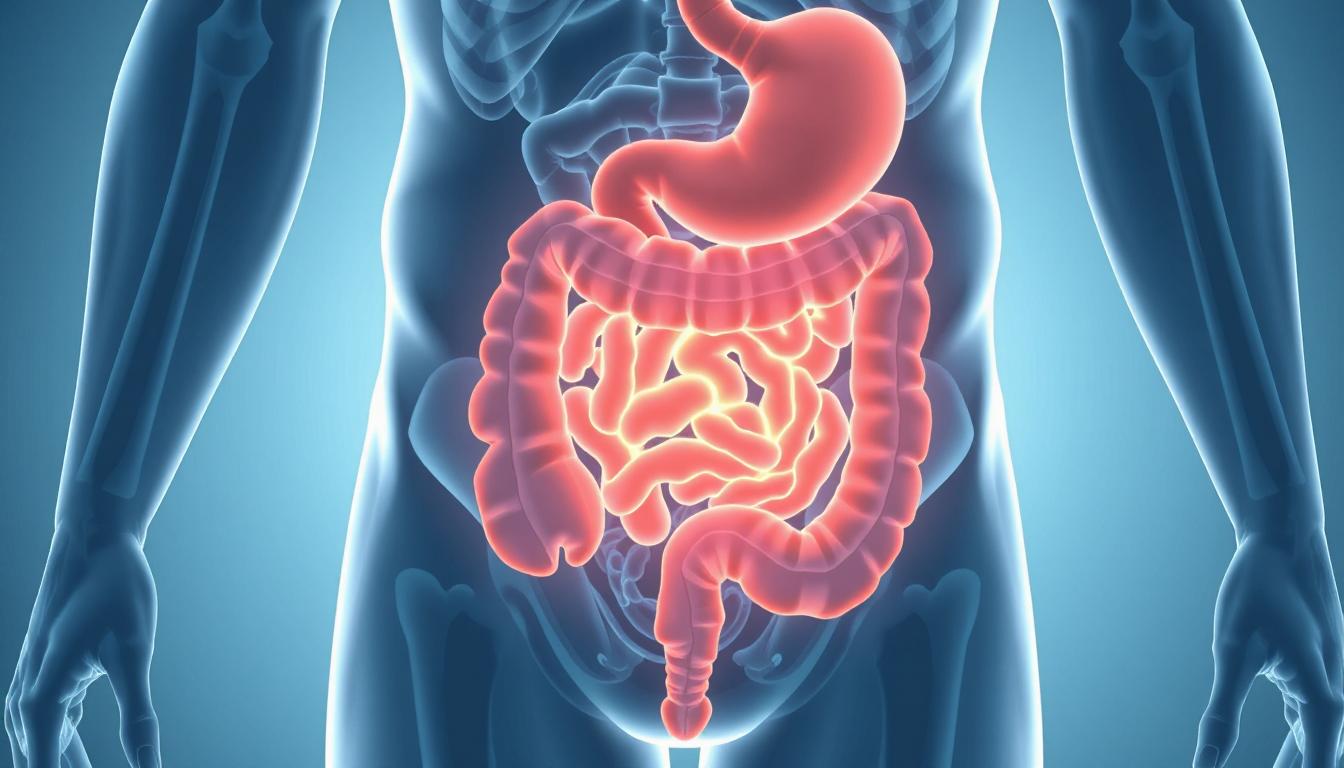







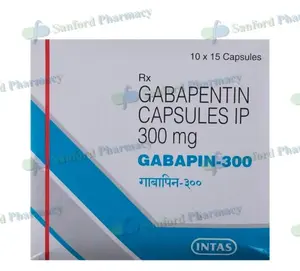
.webp)
.webp)
-(2).webp)
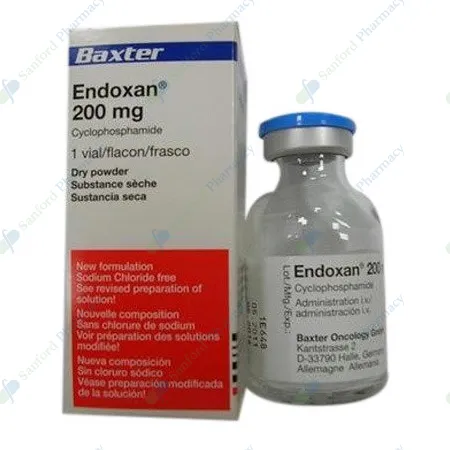
.webp)